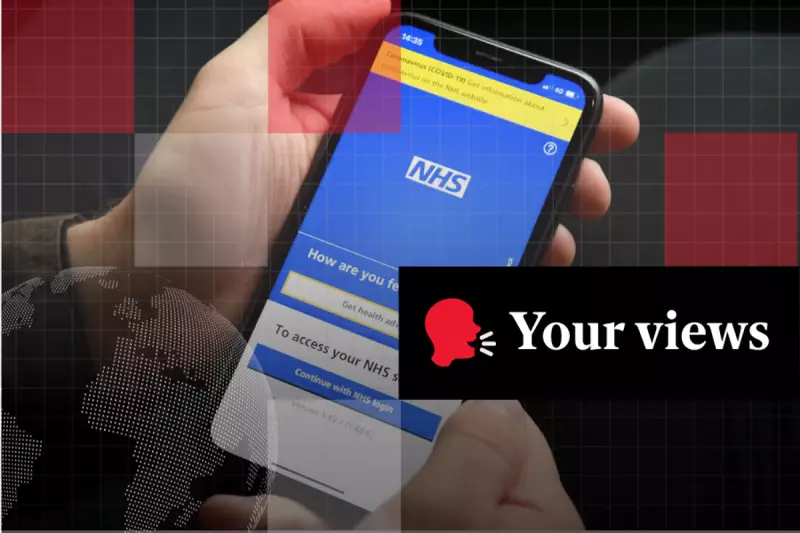
In a landmark move for British healthcare, the NHS app is preparing to roll out sophisticated text-based diagnosis capabilities that could fundamentally change how patients interact with the health service.
The Digital Healthcare Revolution
Under ambitious new plans, patients across England will soon be able to receive initial medical assessments and potential diagnoses through secure text conversations within the NHS app. This digital-first approach aims to tackle the growing pressure on GP services while providing more convenient access to care.
The system will utilise advanced algorithms and clinical decision support tools to help healthcare professionals evaluate symptoms and determine appropriate next steps, whether that's self-care advice, pharmacy referral, or arranging face-to-face appointments when necessary.
Transforming Patient Experience
This innovation promises to significantly reduce waiting times for millions of patients who currently struggle to secure timely GP appointments. Rather than joining lengthy telephone queues or waiting weeks for available slots, users could receive preliminary medical guidance within hours or even minutes.
Key benefits include:
- 24/7 access to initial medical assessment
- Reduced pressure on overstretched GP practices
- More efficient triage system
- Convenient remote access for working patients
- Faster referral pathways when needed
Addressing Healthcare Challenges
The timing of this initiative couldn't be more critical, with the NHS facing unprecedented demand and significant backlogs following the pandemic. By diverting appropriate cases to digital channels, the health service hopes to free up valuable clinical time for patients requiring more complex care.
Early pilots have shown promising results in reducing unnecessary GP visits while ensuring patients receive the right level of care through the most appropriate channel.
Privacy and Safety First
NHS officials have emphasised that robust data protection measures and clinical safety protocols will underpin the new service. All interactions will be securely encrypted and monitored by qualified healthcare professionals to ensure patient safety remains paramount.
The system is designed to complement rather than replace traditional care, with clear escalation pathways for complex cases or when physical examination is required.
This digital transformation represents one of the most significant changes to primary care access in recent years, potentially setting a new standard for healthcare delivery in the digital age.





